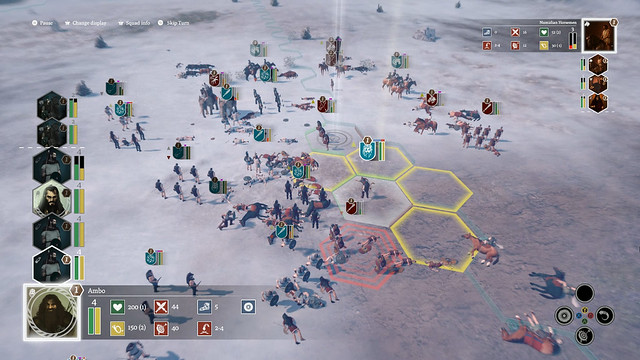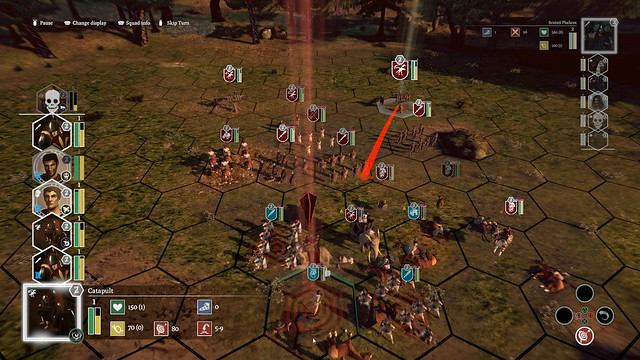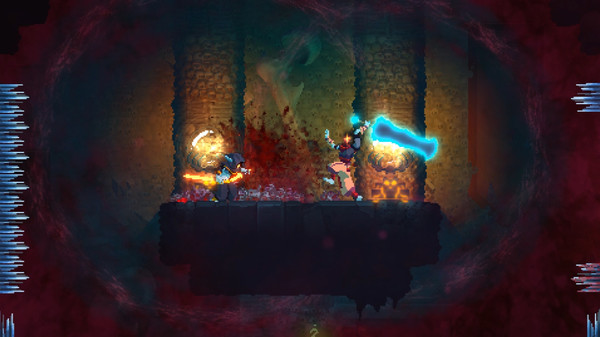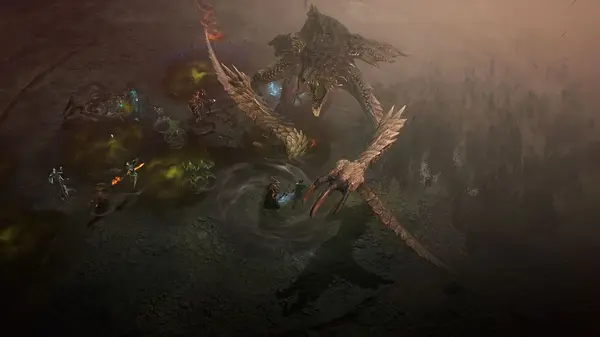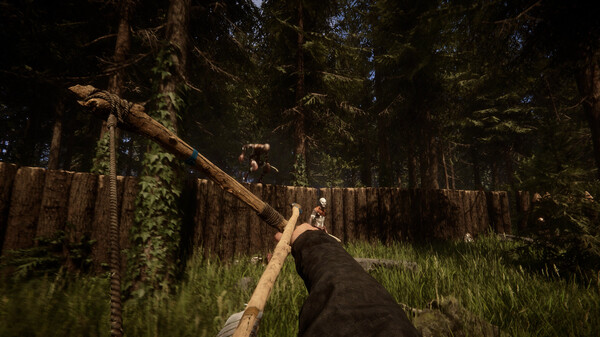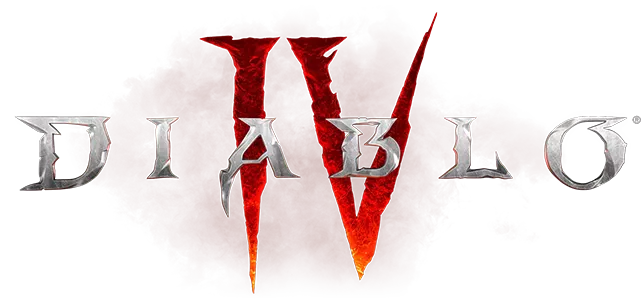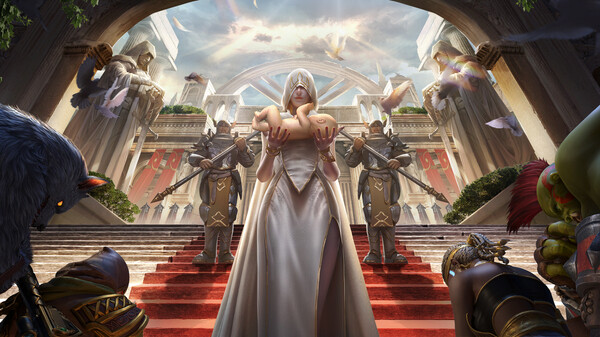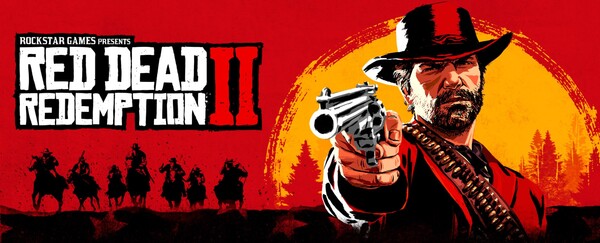Numantia is a fairly rare kind of game for the PS4, although considering the standard of pleasure it offers, that is probably for the best. The game is a mix of semi-historic storytelling, resource management and turn based strategy, but a myriad of faults betray the low budget, wonky localisation and general lack of experience when comparing the game to better established series such as those from Koei or Square.
Numantia tells the noble tale of the titular city and its long, bloody and ultimately hopeless battle against imperial Rome. The story is filled with heroic romanticism and it is clear that the development team is passionate about the ancient city and the fabled heroes who defended it. Political and personal intrigue is woven into the story as a kind of choose your own adventure, with decisions made by the player having various effects. Support a neighbouring city or tribe and you may gain money and resources but lose men, or they may even appear to return the favour later on in the story. I won’t lie, it’s not groundbreaking, but it is an interesting feature alongside the other elements.
There is no real city or resource management in the traditional sense. Instead, Numantia (or your camp, if you play as Rome) is presented as a series of buildings that can be selected and used when relevant. Early on, this only really includes buildings like the barracks or market, where soldiers are recruited and upgraded. Sometimes, events occur either inside or outside your base that will drive the plot forwards and can result in the kind of decision making I referenced previously, or occasionally, in a battle.
Hiring, equipping and deploying soldiers is one of the first areas that I struggled with. The interface for undertaking these simple tasks is counterintuitive and very different to most other games. I never seemed to commit it to muscle memory, which meant the process was always more rigmarole than it needed to be. Once you do get the hang of it, there are actually a fair few units to choose from (especially as you progress through the game) and there are some considerable differences in how each operate on the battlefield.
I suppose without putting too fine a point on it, battles are where Numantia really falls apart. There is a decent selection of battlefields including night and day, sunny, rainy and snowy variants, but none of them look great. Worse still are the units, which are represented by very small groups of badly rendered, poorly animated men (usually six) per block. The issue with this is that even in larger encounters, Numantia never has the feeling of scale that I would have liked. The biggest fights are more like skirmishes between bands of fifty or sixty men on each side, which is literally how they are represented on screen.
I could forgive all that though, if the strategic elements were more inspiring. Both melee and ranged units work as you would expect them to and the game features bonuses for flanking and attacking from the rear, as well as a functional morale system. The idea of outflanking such small units and making their facing direction so important feels a little odd to be honest, but I’m glad it is present. Certain units also gain a boost from the presence of other units within a certain number of spaces, so players are incentivized in several ways to form a cohesive line of battle.
So far, so good except for some minor issues, but the real problem is the AI. Even on the hardest setting, I don’t think I lost my line even once during the game. Enemy troops seem to meander towards a tight defensive line in column, allowing concentrated ranged attacks to severely weaken them before they arrive. Cavalry will occasionally try to flank, but infantry can move so far that units held in reserve will reach danger zones with no trouble. Some battles shift the odds greatly in favor of one side or the other, but the stupidity of the AI usually meant that I faced down even those threats with no real trouble.
The dour look and feel of Numantia‘s battles, along with the terrible AI and very slow gameplay combine to create a fairly dull experience. There are some decent and sensible tactical options included, but they feel almost unnecessary when some of the basics are so wrong. Let’s say your archers are charged by cavalry as an example; on the archers next turn, you can simply disengage them (with no penalty) and open fire on the cavalry from range – that’s just not something that is physically possible in the heat of battle and it is just one of several examples.
When I add it all up, Numantia is a decent stab at retelling a story that deserves to be told, but whilst it has moments of inspiration, it feels like a cheap game overall. This fact leaves me with a sour taste in my mouth because it’s actually priced at close to the full RRP of a retail game, but it should be more like half that. Regardless, if you can forgive the poor graphics, awful AI and occasional tactical failing, it is an interesting take on turn based strategy. Overall though, this is a Skip It.

